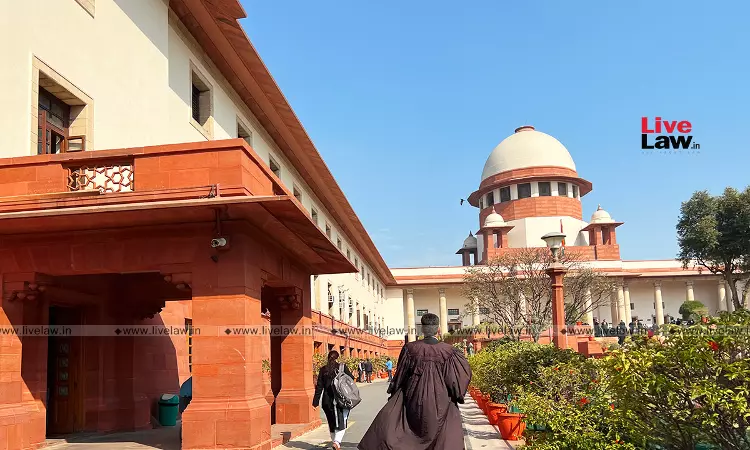POCSO Act | Courts Cannot Impose Less Than Minimum Sentence Prescribed : Supreme Court
Ashok KM
6 July 2023 11:00 AM IST

Next Story
6 July 2023 11:00 AM IST
The Supreme Court observed that the Courts cannot impose sentence lesser than the minimum punishments prescribed in POCSO Act.The POCSO Act was enacted to provide more stringent punishments for the offences of child abuse of various kinds, the bench of Justices Abhay S. Oka and Rajesh Bindal observed.In this case, the Trial Court sentenced the accused to rigorous imprisonment for ten years...
